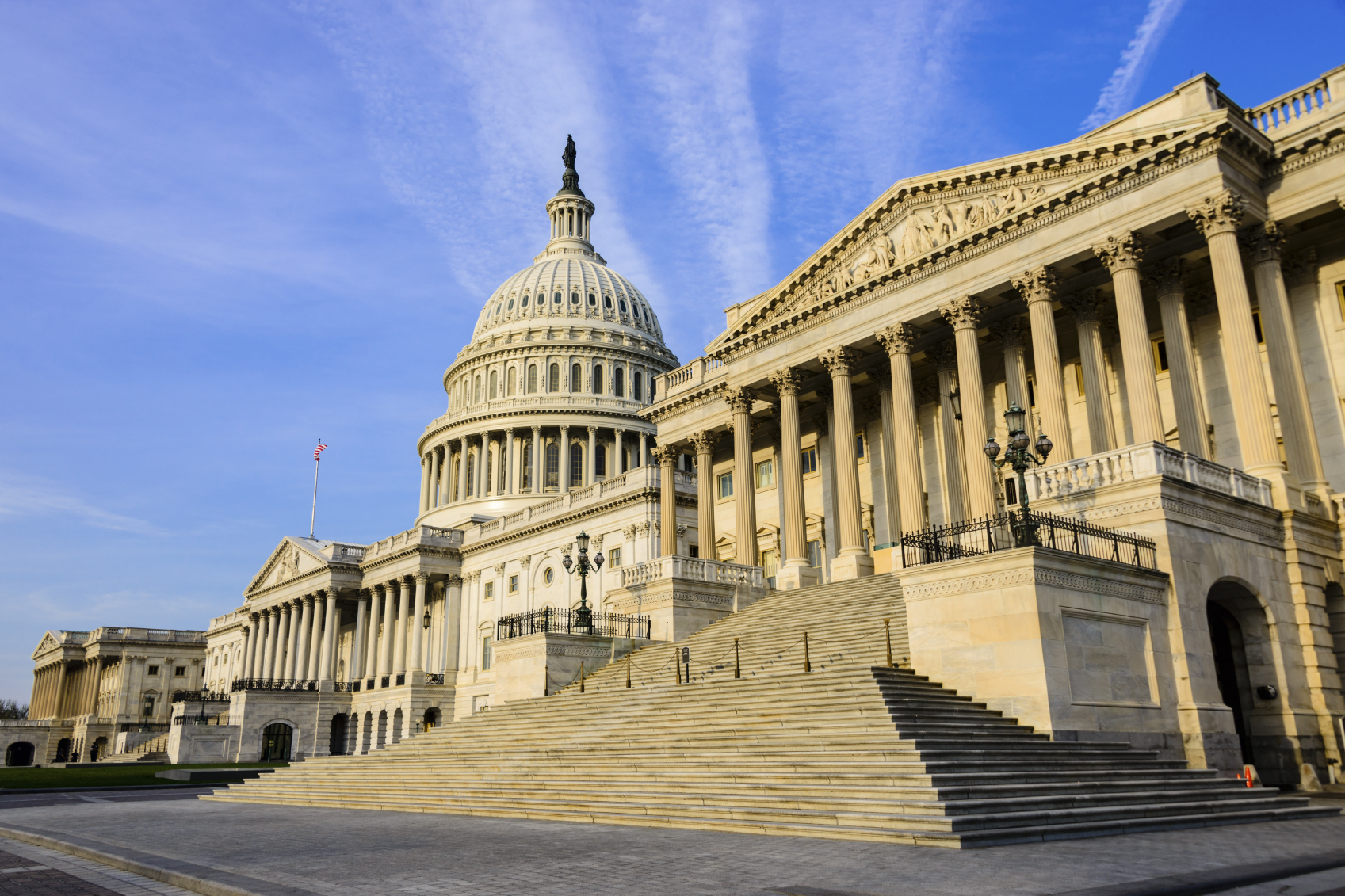The PATENT Act is “PATENT”-ly Wrong, And Other Reasons to Oppose S. 1137

There are many reasons Congress should vote no on S.1137, the patent bill being considered in the Senate. Here are our top nine:
1. It threatens innovation in the United States—The PATENT Act, S.1137, will make it harder for inventors to protect their inventions, making investors less likely to invest in them. This will mean fewer new technologies brought to market and less innovation here in the United States. America has been on the cutting edge of innovation for over 200 years because of strong patent protections. Patents fuel the genius that has brought us every invention from the lightbulb to smart devices—we shouldn’t weaken our patent system now.
2. It will help Chinese patent cheaters—China has a notoriously low regard for intellectual property rights and will benefit directly from S.1137 which will make it easier to copy American innovations. How will S.1137 make it problematic to enforce U.S. patent rights? By making it harder for legitimate patent holders to get into court, get evidence of infringement and to hold an infringer accountable. In short, S.1137 makes it easier for infringers to infringe.
3. It isn’t fair—S.1137 would hurt all patent owners, not just so-called “trolls.” It requires patent owners to provide overly-burdensome documentation to support each element of every patent claim in every lawsuit before going to court. This may sound reasonable in theory, but as it’s currently written, S.1137 goes so far that it basically forces patent owners to prove their case before even passing the courthouse door. And it does this without the right of “discovery” to help gather necessary facts. Big companies may be able to afford this requirement but smaller companies and start-ups cannot.
4. It’s a solution in search of a problem—Do “patent trolls” exist? Yes. But patent litigation is already on the decline thanks to recent patent legislation. Data shows that the percentage of patents involved in litigation has remained steady at about 1-2% of patents filed for decades. The alternative STRONG Patents Act, S.632, is a real solution to the problem of bad actors. Unlike S.1137, the STRONG Patents Act goes directly after patent abusers by empowering the Federal Trade Commission and the states to pursue senders of bad faith “demand letters” without hurting legitimate patent owners.
5. It hurts the little guy—S.1137 requires “fee shifting,” better known as “loser pays.” If enacted, the losing party will likely have to pay attorneys’ fees for both sides – even when an independent inventor challenges a big company but can’t afford the best lawyers. “Loser pays” is intended to fend off abusive patent challenges, but judges already have the discretion to include fee shifting in their rulings. S.1137 just restricts this discretion without telling the court which party bears the burden of proving that the loser acted unreasonably or what conduct is unreasonable.
6. Inventors, start-ups, and the investors who make their innovation possible, oppose it—Scientists working to discover new cures and the people who made smart phones possible oppose the bill. So do the venture capitalists who invest in start-ups and new technologies. Why? Because it undermines the incentive to fund innovation. Patents protect innovators’ ideas from infringers and S.1137 will weaken these protections.
7. Times have changed—A lot has changed in the patent litigation world since Congress considered patent legislation in 2013. Consider: Six Supreme Court rulings that make it easier to invalidate bad patents and harder to bring abusive lawsuits. The Patent and Trademark Office has a new procedure to challenge weak patents. The Judicial Conference of the United States (which sets rules of procedure) has imposed heightened pleading requirements. And the Federal Trade Commission has also become much more assertive in protecting consumers in litigation. The result? An 18 percent drop in patent litigation in 2014, and the number of plaintiffs filing cases is near a record low in the first half of 2015. Recent, temporary spikes in litigation are a direct result of the 2011 America Invents Act’s new joinder rules, which require patent owners to file multiple lawsuits to enforce the same patent against multiple infringers.
8. Our Constitutional Founders wouldn’t have liked it—Patent ownership is a fundamental property right that our founding Fathers wrote in Article 1 of the Constitution. The Founders charged Congress to promote “the Progress of Science and useful Arts, by securing for limited Times to Authors and Inventors the exclusive Right to their respective Writings and Discoveries.” S.1137 weakens the rights of every American inventor and Congress must prevent this.
9. It hurts American leadership—By making it harder for inventors to protect their inventions, S.1137 makes it easier for China and other foreign entities to copy American patented technology. This in turn will make it less likely that investors will invest in patented inventions. This means less innovation and fewer jobs resulting in a weaker America in the global economy.
TELL CONGRESS TO VOTE NO ON S.1137
SEND A LETTER